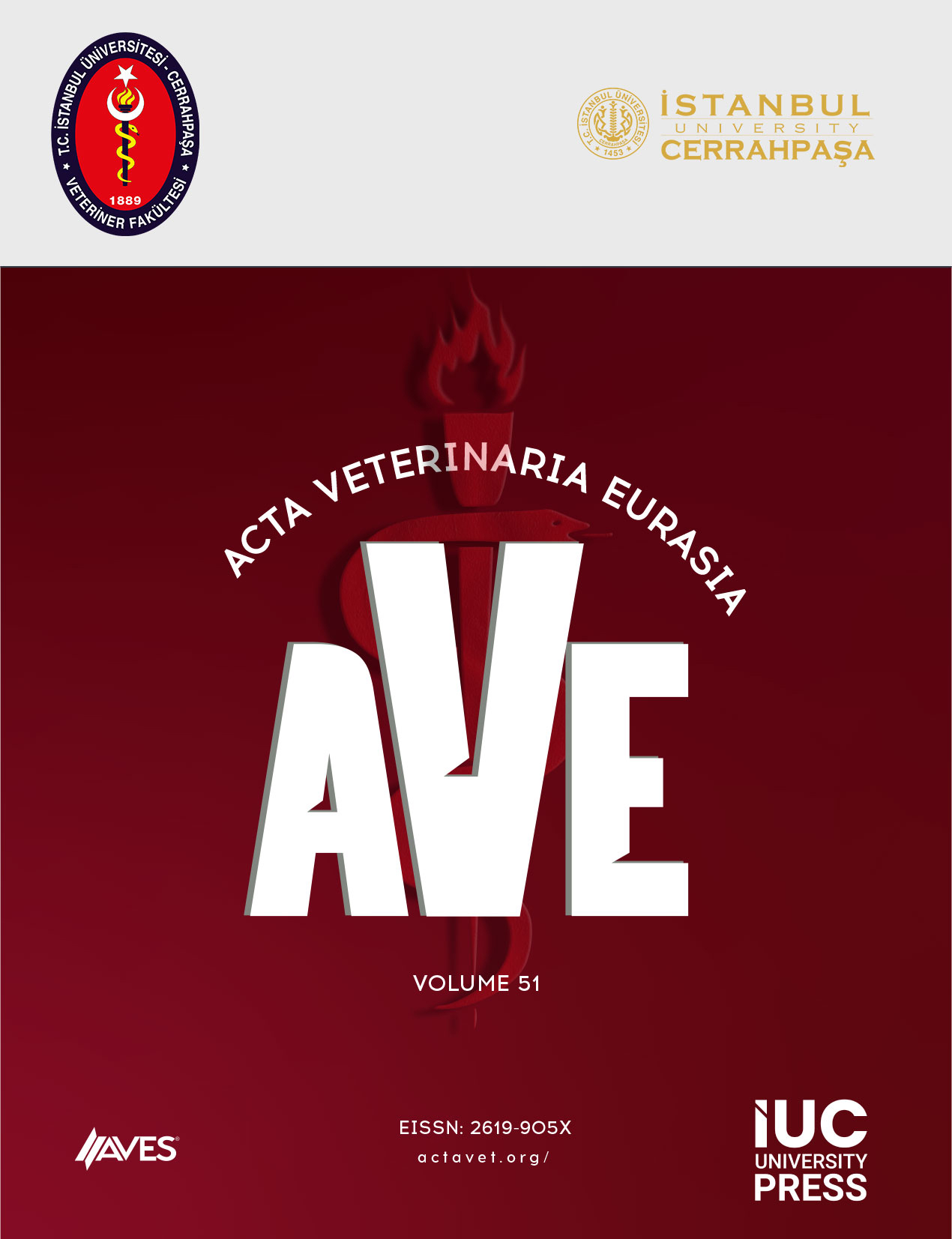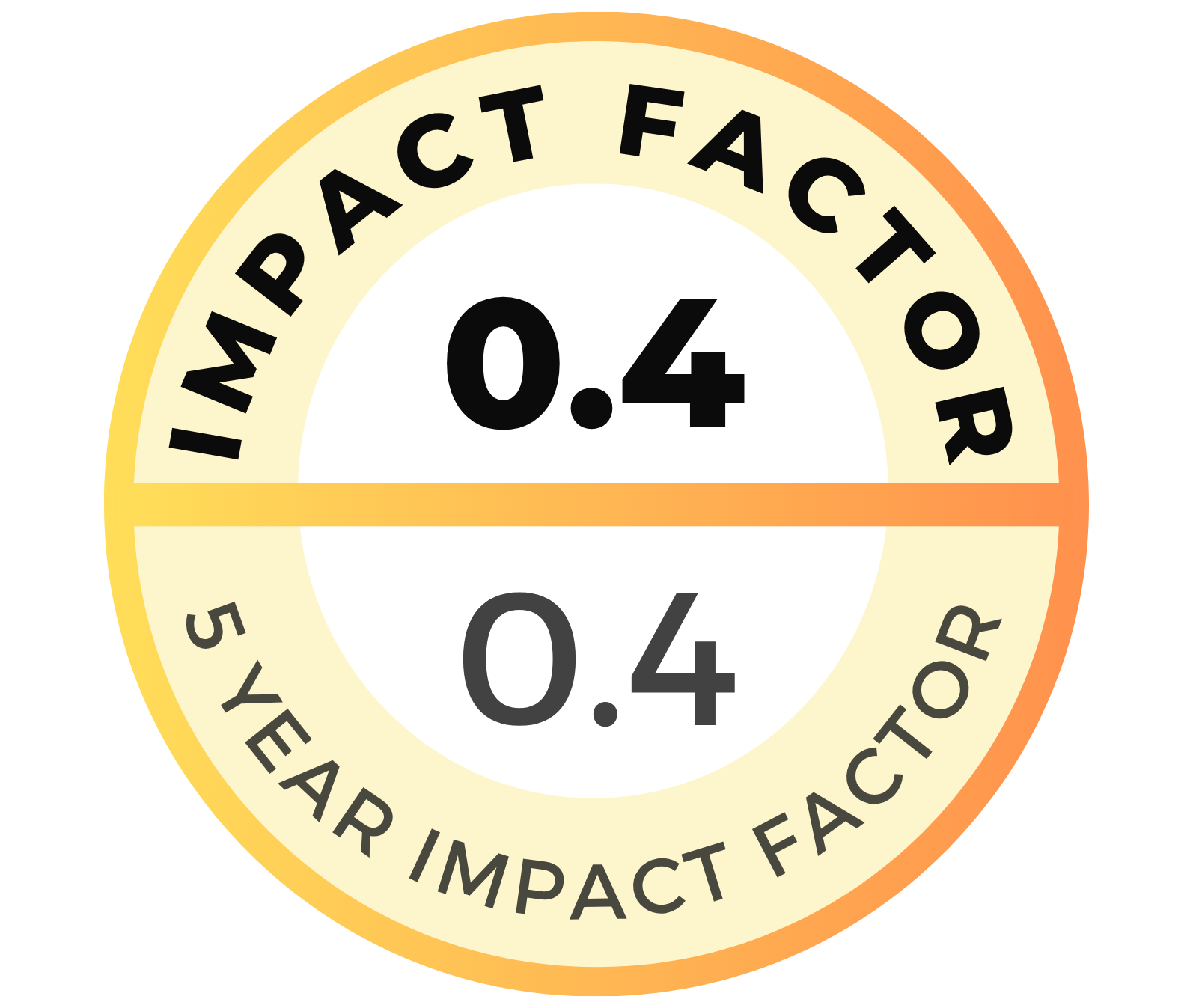The aim of this study was to investigate the protective effects of vitamin C against lead toxicity by measuring the blood parameters and studying histopathology of testis in diabetic male rats. Wister rats (42) were randomly assigned into7 groups: I) healthy; II) fed lead acetate only; III) vitamin C administered only; IV) diabetic; V) diabetic rats administered by vitamin C; VI) diabetic rats given lead acetate and VII) diabetic rats received lead acetate and vitamin C. The diabetic and lead groups had higher glucose, cholesterol, LDL, triglycerides and lower insulin and HDL concentration than the control group. It was found that vitamin C administration led to a lower level of blood glucose, cholesterol, LDL and triglycerides and higher HDL concentration in diabetic rats significantly. It was concluded that the antioxidant property of vitamin C resulted in reducing the oxidative stress complications of toxic levels of lead acetate in diabetic rats





.png)